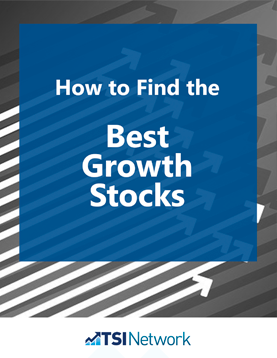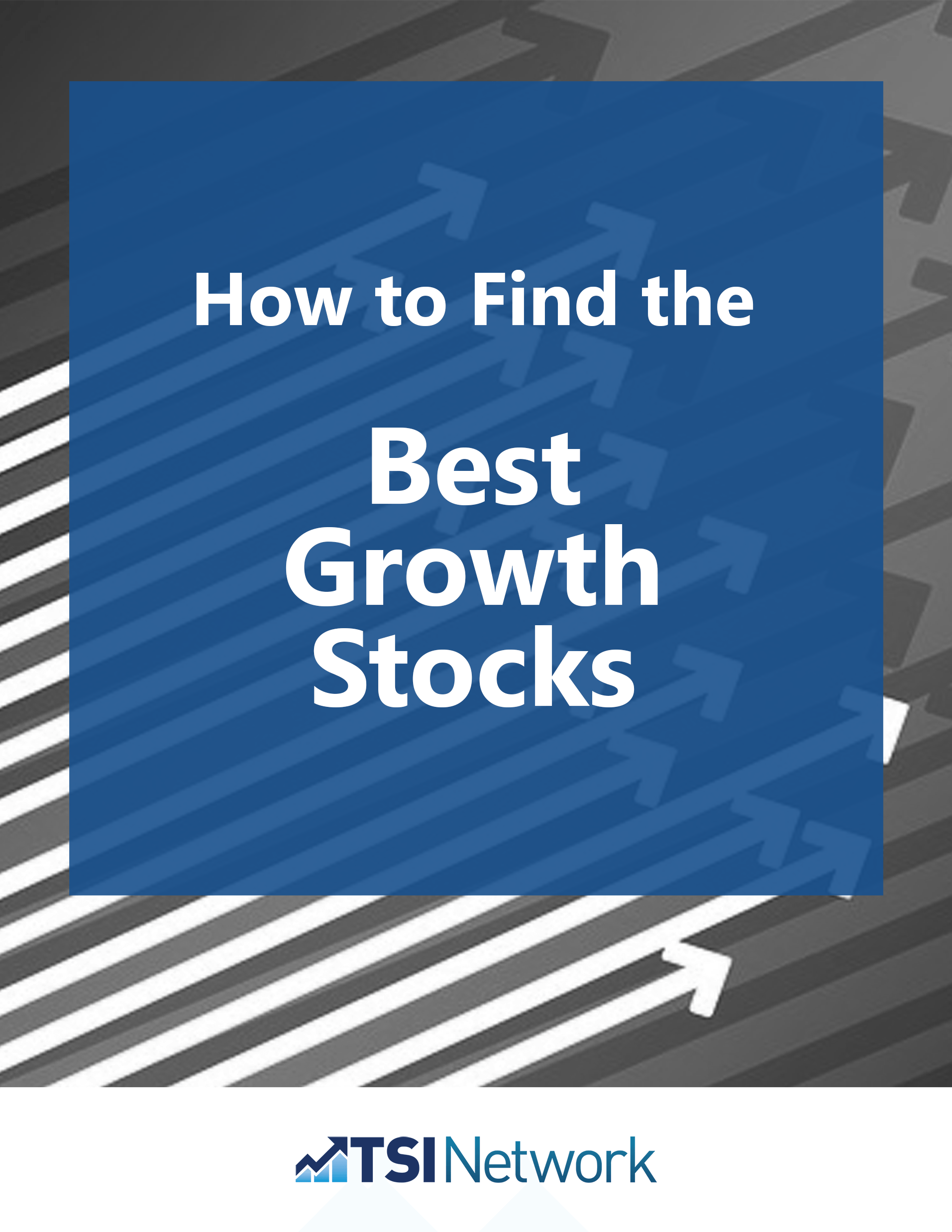Topic: Growth Stocks
Investing in REITs
A REIT is also known as real estate investment trust. Investing in REITs lets you hold income-producing real estate such as office buildings, shopping malls and hotels.
REITs can save you the cost, work and risk of owning investment property yourself.
Owning rental properties can be profitable—but it’s far from a sure thing
Many investors underestimate the risk and cost of owning rental property
Capital-gains taxes are applicable to gains on homes you buy for investment purposes, such as rental properties. Moreover, this type of real estate investing in Canada involves a number of other commitments that can make it feel more like running a small business than, say, investing in stocks. With stocks, you only have to tell your broker to buy—everything else is done for you.
|
Your Year Looks Better Already Here’s how to give yourself 15 chances to get ahead in your investments for 2017.
|
In contrast, when you own rental property, you have to spend time finding and dealing with tenants, arranging for maintenance, doing the accounting and so on. You can hire others to do these tasks for you, but that can get very expensive.
Moreover, real estate investing in Canada can entail higher levels of risk than stocks. That’s because real estate is less liquid, more expensive to manage and to buy or sell, and highly geographically concentrated. Rising crime, unpleasant neighbours and other changes on the street or in your property’s neighbourhood can make it hard to find tenants or buyers. So can physical problems, like adverse traffic patterns, backed-up sewers and zoning changes that allow undesirable development, or limit what you can do with your property.
REITs can kick start your real estate investing in Canada
We continue to believe that ownership of a primary residence is all the real estate exposure most investors need. However, if you want to add to your real estate holdings, one good way to do it is through real estate investment trusts, or REITs.
Real estate investment trusts invest in income-producing real estate, such as office buildings, shopping centres and hotels. That’s a segment of the market that is difficult for most investors to access through direct ownership of property. Moreover, real estate investment trusts save you the cost, work and risk of owning investment property yourself.
Tax exemption sets REITs apart
REITs resemble income trusts, but with a key difference: REITs invest in income-producing real estate, such as office buildings and hotels.
REITs were common in Canada long before income trusts became popular enough to become a significant drain on Canadian tax collections. Ottawa felt the income-trust business structure was appropriate for REITs, so it exempted REITs from the new income-trust tax.
Real estate investment trusts can maintain their exemption as long as they meet the following requirements:
- REITs must not hold any property other than “qualified REIT properties” at any time during a tax year.
- At least 75% of the trust’s revenue for a tax year must come from rent or mortgage interest from real or immovable properties in Canada, and capital gains from the sale of such properties.
- At least 75% of the total fair market value of all trust properties that the REIT holds must be in Canada.
REITs can add to your portfolio in a number of other ways. They can provide a hedge against inflation, for example. And we continue to believe that low interest rates and government-stimulus spending will spur inflation over the next few years.
Many REITs have taken advantage of today’s low interest rates to refinance their mortgage debt. Many have been able to renew leases at high rates. That’s how REITs stand to gain from an ongoing economic recovery, while providing a hedge against inflation.
9 keys to picking the best Canadian REITs
Keep “investment inputs” in mind when judging a Canadian REIT—or any investment.
In evaluating investments, many investors focus on what we’d call “investment outputs,” such as earnings, dividends, cash flow, return on equity, sales growth and so on. These are all important, of course, but you shouldn’t focus on them to the exclusion of what you might call “investment inputs.”
Investment inputs are harder to work with than investment outputs, since it takes a judgment call to determine their risk or value. To give you a better idea of what we mean, here’s a list of ten investment inputs that we look at before recommending a REIT:
- Do you have any doubts about the integrity of the insiders? If so, stay out.
- Did the Canadian REIT buy its assets in the midst of a recent boom, or has it owned them for some time? Bidding for assets in the midst of a boom tends to be risky, since it can lead to unpleasant investment surprises.
- How much debt is the Canadian REIT carrying? You need to gauge the debt in relation to all assets, including hidden assets and those that appear on the balance sheet. Too much debt in relation to assets can lead to a steeper downturn in distributions when the business hits a snag.
- Is the REIT dominant or at least prominent in its industry? If the answer is no, risk is higher.
- How much of its cash flow is it paying out? Paying too much leaves it vulnerable to a cut in distributions. This can have a devastating effect on the unit price.
- Has its cash flow and profitability shown acceptable performance in relation to the rest of its industry? If it can’t make money when business is good, when can it make money?
- Are there any special factors worth considering? With REITs, you need to look at the quality of tenants, length of leases and the possibility of improving the use or expanding the occupancy of existing properties.
- Is the Canadian REIT the subject of a lot of favourable broker and media attention? If so, investor expectations may be excessively high, and that leaves the trust vulnerable to a steep downturn on any hint of bad news.
- Is the current and prospective yield high enough to justify the risk?
Canadian REITs—much better than speculative stocks
One of the more reassuring aspects of the long-term rise now underway in the stock market is that the strength is concentrated in well-established companies. Investors are bidding up the prices of stocks with a history of sales and earnings, if not dividends. Speculative areas like penny stocks, new issues, junior techs and so on appear to be out of investor fashion.
This contrasts sharply with, say, the income-trust boom of the mid-2000s. Back then, investors were plunging into new issue income trusts, many of which were of low investment quality. Today’s situation contrasts even more with the Internet stock mania of the late 1990s. Many of the new issue Internet stocks back then were little more than stock promotions.
Chasing after low-quality investments like these becomes common when inexperienced investors enter the market. These newcomers lack the healthy sense of skepticism that you need to succeed as an investor. So they naturally zero in on the least desirable stocks on the market. Almost by definition, these are extremely risky and/or overpriced stocks that seem to offer high rewards with little risk. They generally deliver precisely the opposite.
A couple of top Canadian REITs
- Canadian REIT (Toronto symbol REF.UN) owns properties, including retail, industrial and office buildings, across Canada and in Chicago. The trust aims to grow mostly by developing its own properties rather than through large acquisitions. To cut its risk, Canadian REIT takes on partners to help carry out big projects.
- RioCan Real Estate Investment Trust (Toronto symbol REI.UN) owns all or part of many shopping centres in Canada.
Follow our three-part Successful Investor strategy
- Invest mainly in well-established companies;
- Spread your money out across most if not all of the five main economic sectors (Manufacturing & Industry; Resources & Commodities; the Consumer sector; Finance; Utilities);
- Downplay or avoid stocks in the broker/media limelight.
Have you invested in Canadian income trusts, or real estate investment trusts? Share your opinions in the comments.




